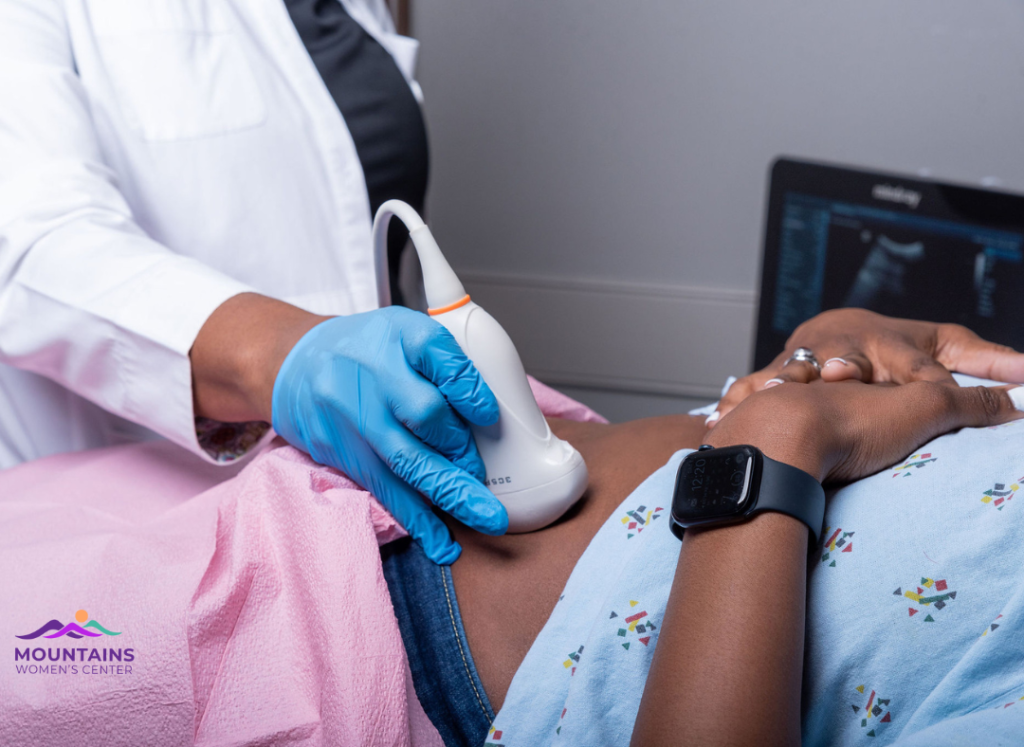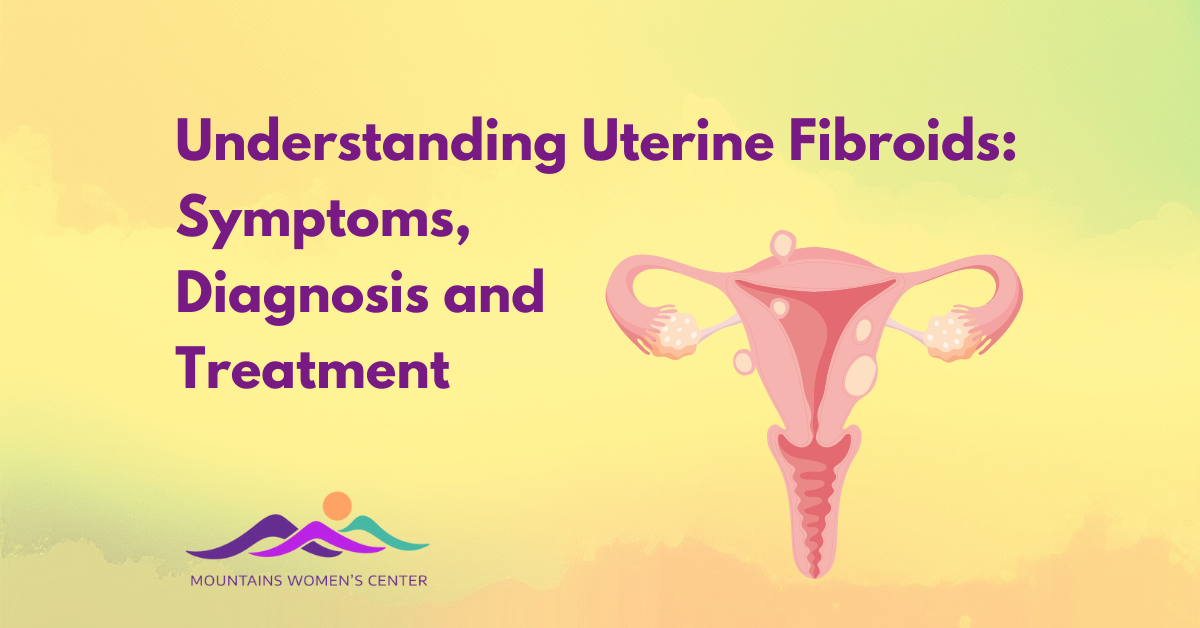What are uterine fibroids?
Uterine fibroids, also known as fibroids, are non-cancerous, benign tumors that can grow inside the uterine cavity, within the uterine wall, or outside the uterus. These growths are made up of muscle and fibrous tissue, and they can vary in size, ranging from as small as a pea to as large as a melon. Depending on the location of the fibroids, they can cause various symptoms and complications. Fibroids usually develop during a woman’s childbearing years, and they are quite common, with around 70-80% of women experiencing fibroids by the age of 50.
What are the symptoms of uterine fibroids?
- Heavy or prolonged menstrual periods
- Pelvic pain or pressure
- Frequent urination
- Difficulty emptying the bladder
- Constipation
- Backache or leg pain
- Pain during sexual intercourse
- Enlarged abdomen or belly
- Infertility or repeated miscarriages (in some cases)
- Anemia (due to heavy bleeding)
How are uterine fibroids diagnosed?
Different methods for diagnosing fibroids:
If fibroids are suspected, a healthcare provider may perform a pelvic exam to check for any abnormalities in the uterus. Other diagnostic tests, such as ultrasound, hysteroscopy, or MRI, may be used to confirm the presence of fibroids and determine their size and location.

Identifying the location and size of fibroids:
It is important to determine the location and size of fibroids as these factors play a crucial role in deciding the appropriate treatment option. Fibroids can be submucosal (in the uterine cavity), intramural (within the uterine wall), or subserosal (outside the uterus).
When do fibroids require treatment?
If you have fibroids but do not have any symptoms, you may not need treatment. In some cases, they may cause minimal or no symptoms and can be safely monitored. However, if fibroids cause severe symptoms or affect a woman’s fertility, treatment may be necessary.
What are the causes of uterine fibroids?
- Hormonal imbalance: Changes in hormone levels, specifically estrogen and progesterone, have been linked to the development of uterine fibroids.
- Genetic factors: There may be a genetic predisposition for developing fibroids, as they tend to run in families.
- Age: Fibroids are more common in women who are of reproductive age, typically between their 30s and 50s.
- Ethnicity: Certain ethnic groups, such as African-American women, have a higher risk of developing uterine fibroids.
- Obesity: Being overweight or obese has been associated with an increased risk of fibroids.
- Pregnancy: Hormonal changes during pregnancy can promote the growth of fibroids, although they usually shrink after childbirth.
- Other factors: Other factors that may contribute to the development of uterine fibroids include a sedentary lifestyle, high blood pressure, and certain medical conditions such as polycystic ovary syndrome (PCOS).
It’s important to note that the exact cause of uterine fibroids is still not fully understood, and it is likely a combination of multiple factors that contribute to their development.
What are the available treatment options?
Non-surgical approaches to treating fibroids:
For women who do not wish to undergo surgery or who are not suitable candidates for surgery, there are non-surgical treatment options available. These include medication to help manage symptoms and shrink fibroids, as well as minimally invasive procedures such as uterine artery embolization and focused ultrasound surgery.
Medical treatments for fibroids:
Medical treatments for fibroids include hormonal medications that help regulate the menstrual cycle and control bleeding. Gonadotropin-releasing hormone agonists (GnRH agonists) are often prescribed to induce temporary menopause and shrink fibroids before surgery.
Surgical interventions for fibroids:
If fibroids are causing significant symptoms or affecting fertility, surgical interventions may be necessary. Common surgical procedures for fibroids include myomectomy, which involves removing the fibroids while preserving the uterus, and hysterectomy, which involves the removal of the uterus.
What are the risks associated with uterine fibroids?
In some cases, uterine fibroids can lead to complications such as anemia due to heavy bleeding, urinary tract problems, and infertility or pregnancy complications. Rarely, fibroids may become cancerous and develop into uterine cancer.
Risk factors for developing fibroids:
While the exact cause of fibroids is unknown, certain risk factors have been identified. These include age (most commonly diagnosed in women in their 30s and 40s), family history of fibroids, obesity, and being of African descent.
Understanding the risk for uterine bleeding:
Fibroids can cause heavy and prolonged menstrual bleeding, leading to anemia and other complications. It is important for women with fibroids to be aware of the risk of uterine bleeding and seek appropriate medical advice and treatment.
Can fibroids be prevented?
Effective strategies for preventing fibroids:
Since the exact cause of fibroids is unknown, it is difficult to prevent their development entirely. However, certain strategies may help reduce the risk. These include maintaining a healthy weight, exercising regularly, and managing stress levels.
Lifestyle changes to reduce the risk of fibroids:
Adopting a healthy lifestyle can potentially reduce the risk of developing fibroids. This includes eating a diet rich in fruits, vegetables, and whole grains, and limiting the consumption of processed foods, alcohol, and caffeine.
When to seek medical advice for fibroids:
If you experience symptoms such as heavy or prolonged menstrual bleeding, pelvic pain or pressure, or difficulty getting pregnant, it is important to seek medical advice. A healthcare provider can diagnose fibroids and recommend appropriate treatment options based on your individual case.

